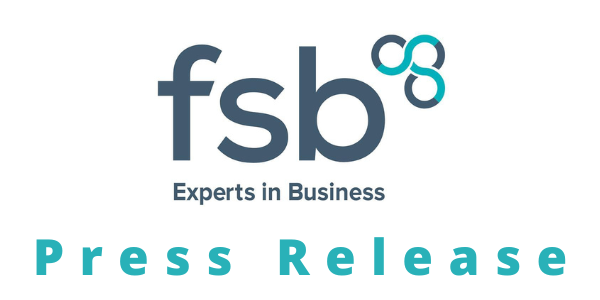Fuel prices show need for help for social care workers to stay on the road

Social care workers who use their own cars to travel to clients should receive a higher approved mileage rate after 10,000 miles to help offset the travel costs they incur, especially at a time when fuel costs are spiking.
In many cases, social care workers have no option but to use their own vehicles, particularly in areas where public transport is infrequent, or lacking altogether.
The latest fuel price data show that unleaded petrol costs 36.4p per litre and diesel costs 46.8p per litre more than this time last year. This is despite the 5p/litre cut in fuel duty announced in the recent Spring Statement.
Melanie Ulyatt, National Vice-Chair at the Federation of Small Businesses (FSB), who runs a care business, said:
“The continued rise in fuel prices is causing widespread financial problems among small businesses and sole traders of all stripes.
“One group of workers who have been especially hard-hit by the eye-watering rises in petrol and diesel costs are social care workers who use their own vehicles to travel between client appointments.
“This group does incredibly important work with vulnerable people, but fuel price rises are in some cases making it uneconomical for them to work, especially if they are based in rural areas.
“We think the Government should step in to help, by keeping the approved mileage rate that social care workers can claim back from their taxes at 45p per mile after 10,000 miles, instead of tapering off to 25p per mile.
“This would be a targeted intervention to help a group of people doing vital, often unsung work. The staggering forecourt rises are making social care workers’ already financially precarious situation even worse, and more than justify help from the Government to soften the impact.
“Even businesses and sole traders who do not use a car or van find they are affected by high pump prices, as delivery costs increase, or customers cut down on visits to their premises to save fuel.
“The squeeze is even more difficult for small businesses and sole traders to endure as a result of soaring energy costs more widely. The Government should help small business energy customers by bringing in a £150 rebate, to match that given to consumers to lessen the toll on their budgets.”
About FSB
As experts in business, FSB offers members a wide range of vital business services, including advice, financial expertise, support and a powerful voice in Government. Its aim is to help smaller businesses achieve their ambitions. More information is available at www.fsb.org.uk. You can follow us on twitter @fsb_policy.
